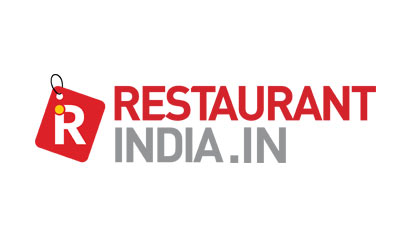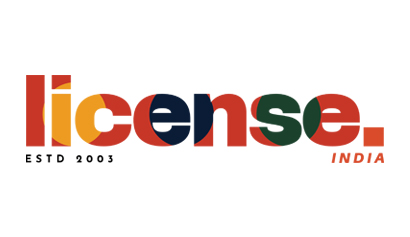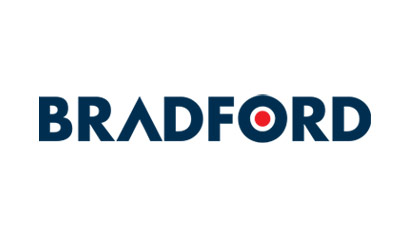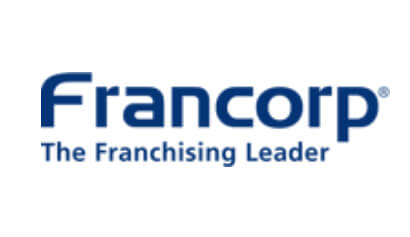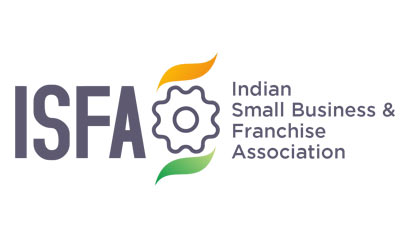To get access to over 10000+ Franchise Business Opportunities.
Network with the growing Business Community to get expert interventions to let you learn to Grow & Expand your Business with Franchising.
Franchising format for business development is becoming popular in Hungary. Franchising was initiated in the late 70s and early 80s of the last century. In May 1991, 17 companies from different fields of franchising established the Hungarian Franchise Ass
FRANCHISING is a new form of entrepreneurship for Hungary. Although franchises appeared in the late 70s and early 80s of the last century, the conditions for real franchising were created only after the socio-economic changes that the country underwent in 1989.
Earlier, some state-owned companies entered into agreements with franchisors operating in the field of tourism, thereby establishing the first hotel chains and rent-a-car services. Initially, even McDonald''s was a joint venture in Hungary where the largest state farm directed by one of the members of the Central Committee of the Hungarian Socialist Workers'' Party, (the local version of the Communist Party) partnered with the US-based company. Incidentally, McDonald''s became one of the founding members of the Hungarian Franchise Association.
The Hungarian Franchise Association was established in May 1991, by 17 companies operating in different fields of franchising. One company from among these was a Hungarian franchise called City Grill and McDonald''s, which also pioneered international franchising. Out of these founders only McDonald''s has remained as a member of the Hungarian Franchise Association, the others were replaced by new franchise companies. A couple of consultants who were with the Association from the very beginning still work for the Association.
Currently, 400 to 450 companies existing in Hungary qualify themselves as, or claim to be franchises. Many of these offer multi-level marketing systems as franchise activity, or use the word franchise to sell their businesses in a fashionable and sophisticated way, however, they are neither legally nor financially independent companies or partnerships.
But for these operations, the Hungarian Franchise Community consists of approximately 300 companies (international statistics provide only estimates of the number of franchising entities, because, except for a few countries in the world, franchise companies do not need to be registered). The number of franchisees are approximately 20,000 with one lakh employees working in the franchise sector, including suppliers.
Half of the franchise systems are based on Hungarian ideas, and owned by Hungarian companies as well. The other half are international licences and coordinated by either subsidiaries of international companies or Hungarian companies owned by Hungarian master licensees.
Additionally, not every brand carries out its operation in the form of franchising in Hungary, for example, more than 60 per cent of 80 McDonald''s restaurants are run by franchisees, but all 13 Burger King restaurants are operated by the master licensees.
There is a continuous interest in franchising in Hungary, based on the last 15 years of experience. Entrepreneurs contact Hungarian Franchise Association on weekly basis inquiring about starting franchise operations or seeking for international business partners. Subway, as an international business, for example, works in direct franchise format and makes unit franchise contracts.
Several Hungarian franchise companies do international activity successfully. Most of them expand their operations in countries around Hungary under the master licence agreements. MOL, the Hungarian gas station company, is one such franchise. There are smaller companies as well, for example, Gardenia curtain manufacturer and its retail network


Business Opportunities
Browse By Investment Range
Browse By States
Popular Cities






